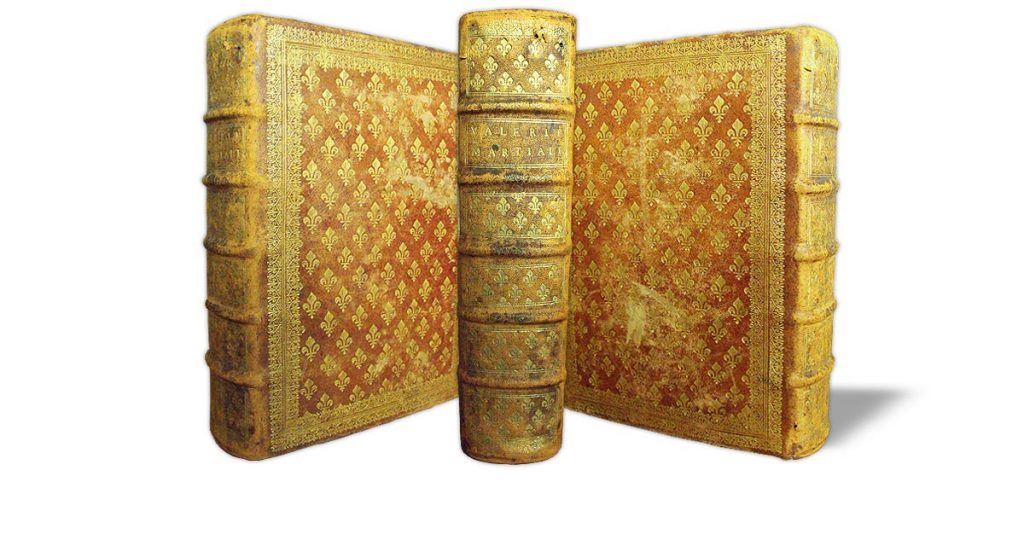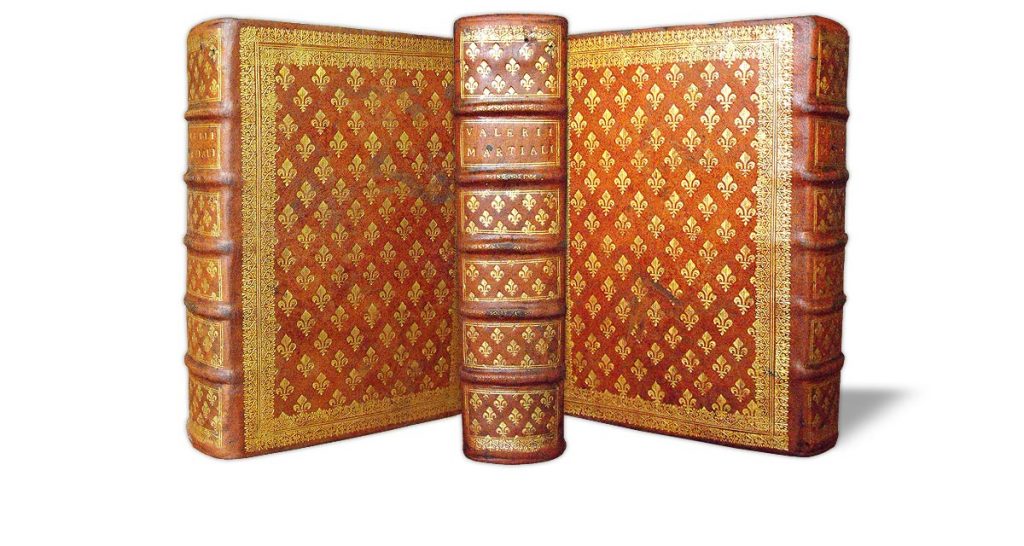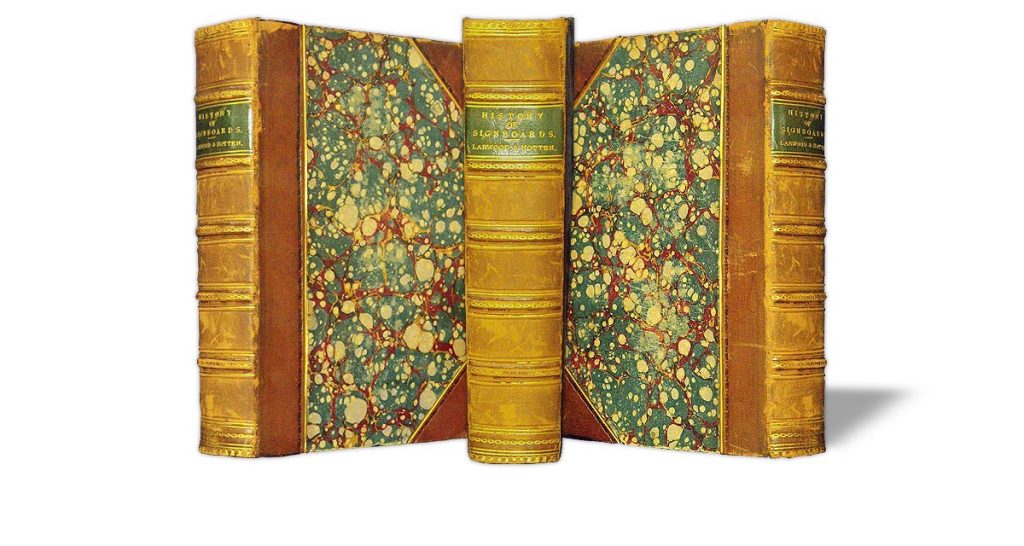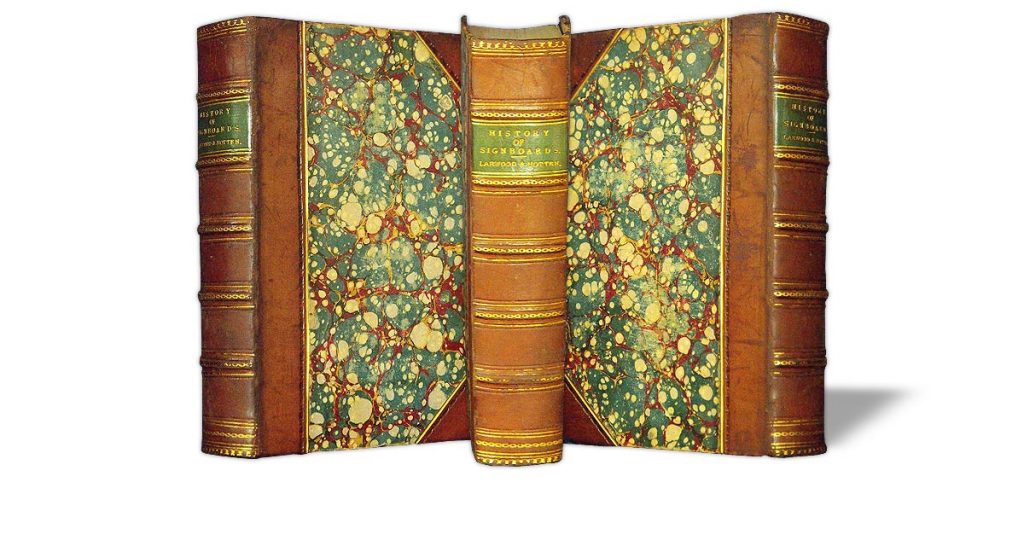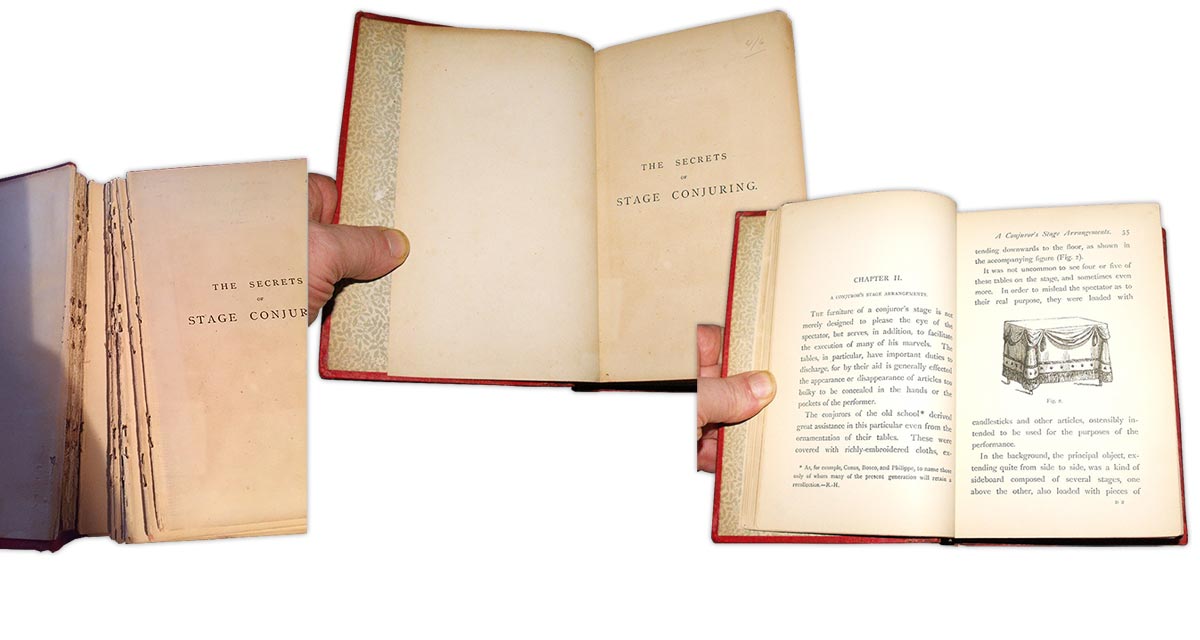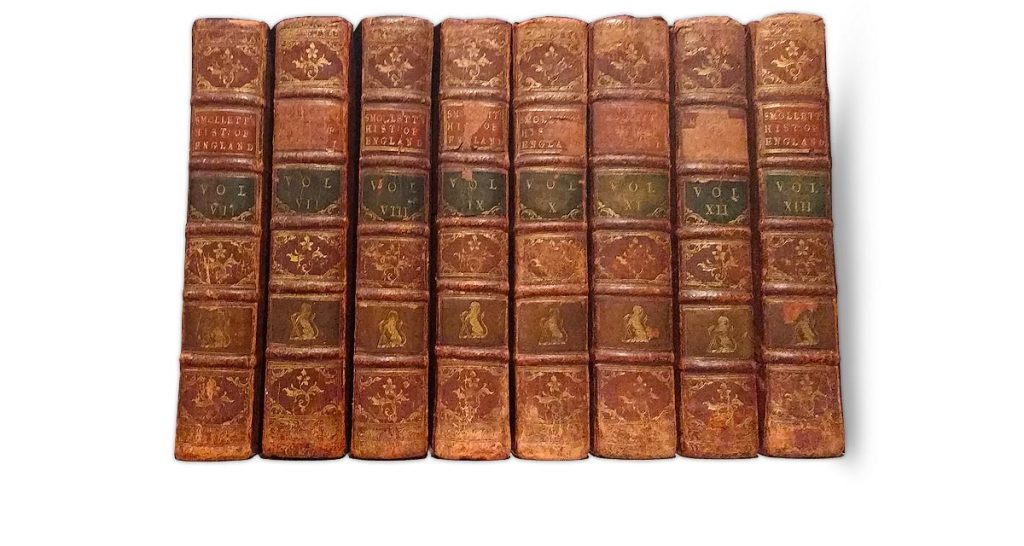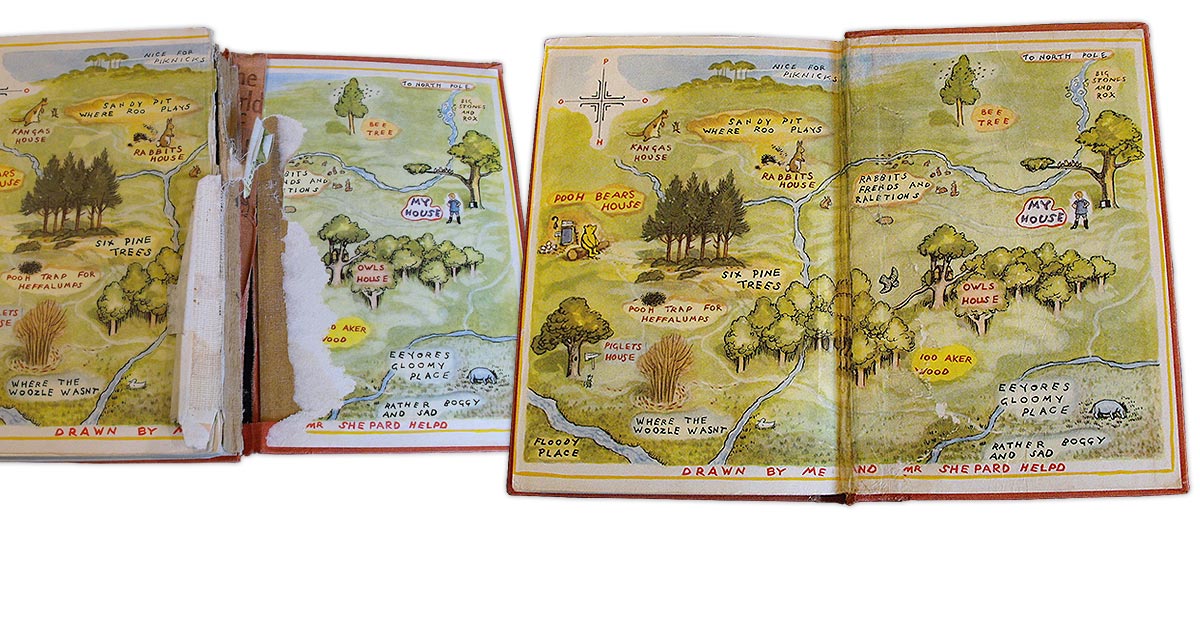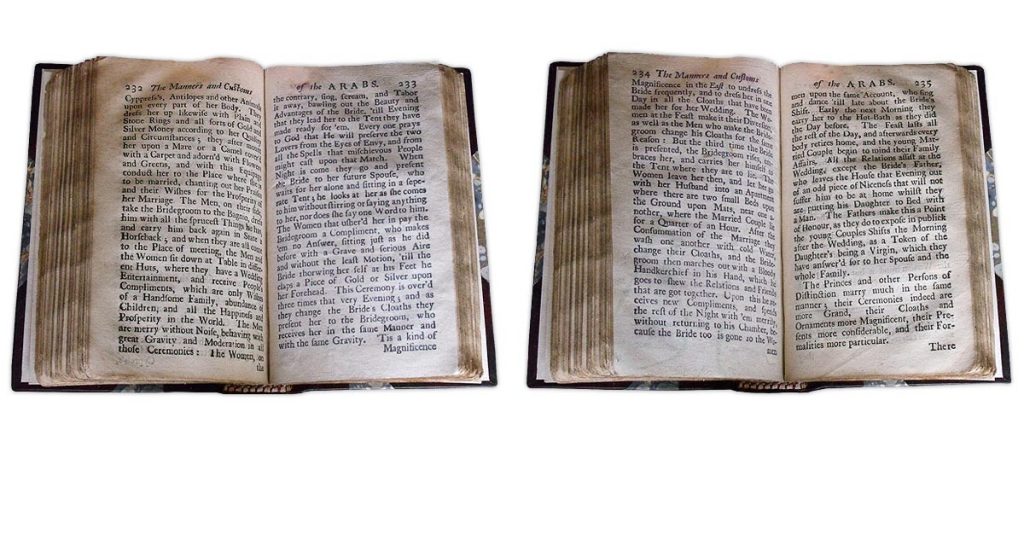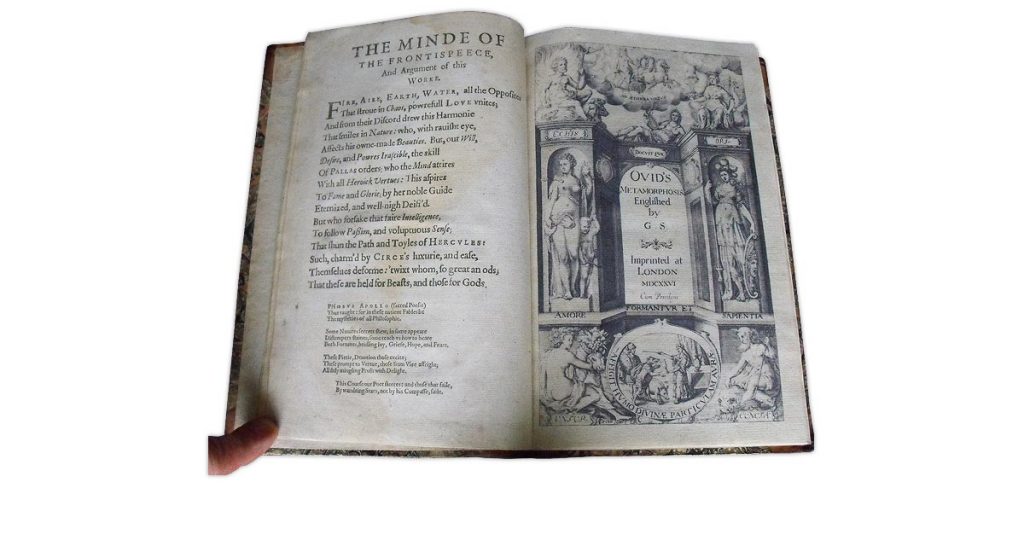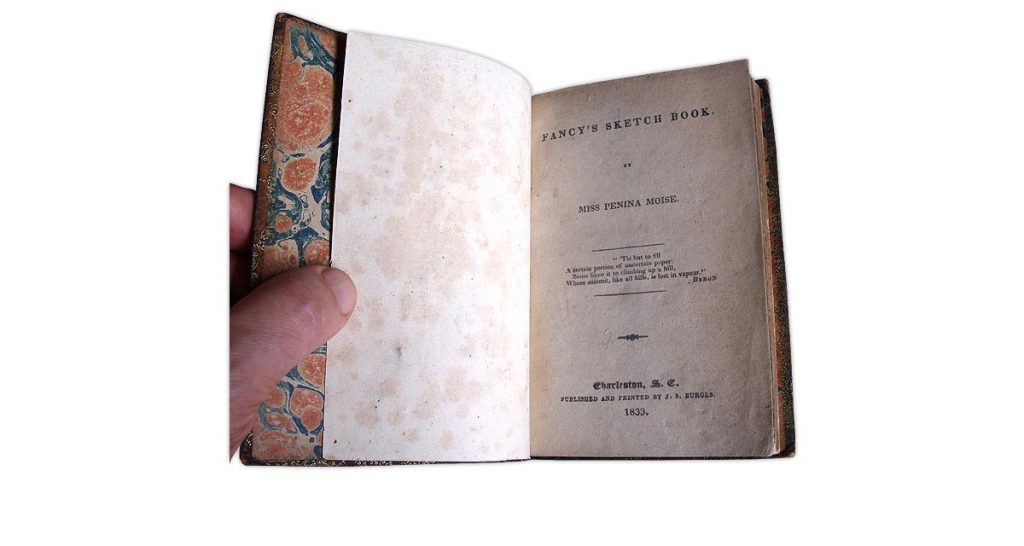Book Restoration Services
Refurbishment of leather book bindings
The dry heat of centrally heated homes or years of direct exposure to sunlight can cause leather bindings to become very dry. Sometimes they can discolour and start to flake and crumble.
Years of being pulled off and being pushed back on to bookshelves can cause wear to the top and bottom of spines. The edges of covers become worn and corners can become rubbed, bumped or ‘spongey’.
For books with this kind of minor damage, refurbishment can halt this process of degradation. It can delay or even negate the need for a major repair or rebinding for many years to come.
The book refurbishment process
- Worn edges and corners are consolidated so that they are no longer frayed or soft.
- I also tamp down loose or flaking patches of leather.
- Where relevant, I re-attach detached or detaching spine labels before they are lost.
- When appropriate, I can re-colour rubbed areas of leather.
- Once these minor repairs are completed, I apply a preservative leather dressing to the binding. This replaces natural oils lost over years spent in a dry atmosphere.
Binding Refurbishment Pricing
Binding refurbishment is priced dependent on the specific condition of your book. Prices start at £30 per volume. A ‘bulk’ price can be discussed for larger sets and collections.
Re-sewing Books
If the text block of your book is in pieces, I can re-sew the groups of pages back together into one block. I can then reunite the text block with its binding.
The price to re-sew a book is dictated by the amount of pages and their overall condition. Generally the price range is around £80-£150.
Repairs to torn or damaged pages are priced on an individual basis.
Vellum binding repair
I can repair torn vellum bindings in much the same way as I restore leather bindings. I repair vellum bindings with due care and attention to their specific methods of construction.
Vellum repairs are priced on an individual basis.
Replacement spine labels
A set of leather-bound volumes which lack some of their spine labels can look unsightly sitting on a shelf.
New labels can be made in a style similar to the originals. Replacing the missing labels can have a transformative visual effect.
Spine labels are priced at £35-£50 per label.
Repair of decorative endpapers
I am able to repair decorative endpapers even when areas of the design are missing.
Digital technology allows me to scan and print out replications of lost sections of a design or pattern. I can then apply these to the missing areas.
These are priced on an individual basis.
Facsimile pages
Books that are sometimes hundreds of years old have passed through many hands during their lifetimes.
Occasionally over the years, a page or two can become detached and eventually get separated and lost from the book.
With the advent of digital scanning and printing technology, it is now possible to make reasonably faithful facsimile reproductions of missing pages.
Paper Stocks
I keep a large stock of blank sheets of paper of all types dating back to the 17th century. This allows facsimiles to be printed onto contemporary paper of a similar look and feel to the paper stock of the book in question. Once printed, the facsimile is inserted into the text block of the book.
This process does not produce pages that are indiscernible from their originals. Letterpress or lithographic printing has its own ‘finish’ which cannot easily be replicated by the digital process. Ink tones can vary slightly. However, for a valuable or important book with a missing page, a sympathetic and high quality facsimile can be produced. Once inserted, this will sit fairly unobtrusively within the text block.
Sourcing the missing page
The process is quite time-consuming and meticulous. It requires a source from which a high quality scan of the missing page can be acquired. A photocopy won’t provide this.
I generally purchase these scans from the British Library. Consequently, the facsimile process is a lot more straightforward if the BL holds a copy of the book in question. Otherwise, a high quality scan taken from another copy can be used.
Generally, the process works best for text pages. It works less well for pages that include detailed engravings or illustrations. Due to practical limitations, I only offer this service for books up to standard A4 size.
Facsimile pricing
Prices start at £120 per side ie £240 for a double-sided page. The purchase of scans from public institutions is recharged at cost.

